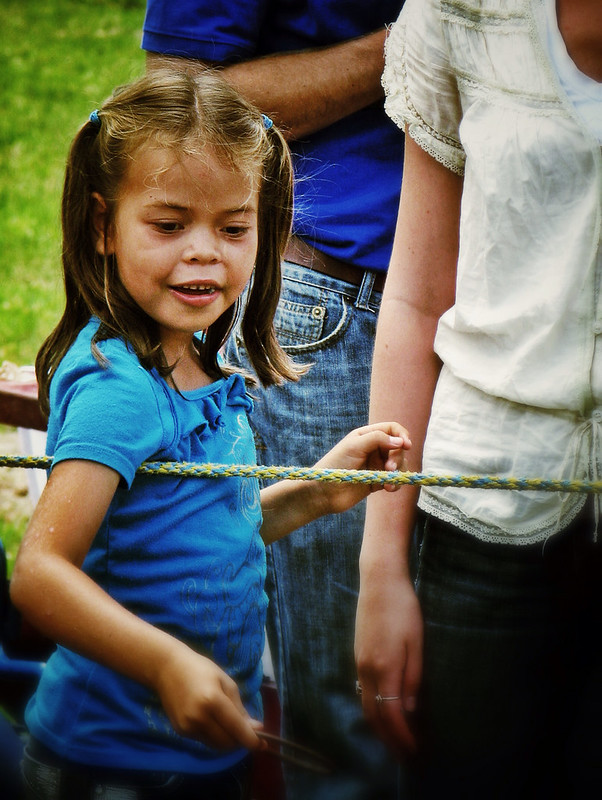"There are only two ways to live, one is as if nothing were a miracle, the other, as if everything were a miracle." - Albert Einstein
As the sunrise creeps upon El Rancho and the first birds, geckos, and dogs begin their morning symphony so too begins the relajo (chaos) of near 500 pequeños beginning their day.
Although, relajo really isn't the right word because their is little enough chaos to be found among the morning routine. Levantarse, bañarse, aseos de la mañana, desayunar, ir a la esquela. (Waking up, showering, choars, breakfast, going to school).
Miracle. Is there really any other word for a place that wrestles children from the talons of poverty and gives them a precious chance for a life with meaning, with dignity? I think many times I have taken for granted the most basic of things I have been blessed with, my human rights. Here there is no right to sanitary water, no right to live in a home with actual walls and doors, safe from wind or rain, no right to a meaningful education. Here it is not uncommon to live in what we would generously consider a shack, going to school part time until 6th grade (if you are lucky), and working for the equivalent of $2.50 American dollars a day (though here it would be 50 lempiras). Girls often are "married" at age 13, 14, 15 to men who are 30, 40, 50 as a means of having an 'independent' life away from their family. Though I should mention the marriages are seldom actual marriages in the legal manner, and often men have multiple wives or girlfriends and women often have many children all with different fathers. I write this, not to demean the culture of Honduras, but to give context to why Rancho Santa Fe, though not imperfect, is such a bright light in the face of so much pain and poverty.
Here on the ranch I walk to school dressed in the sounds of laughing children, adorned in smiles, joy-woven Spanish dripping from their lips like honey. I sleep each night a mural of fingerprints, hugs, and kisses from these frustrating, wounded, healing, joyful, stubborn, starry-eyed children.
Here on the ranch I chapear the grass with my machete alongside a dozen or more young men earning blistered hands and a few snippets of praise for my trabajo duro. I eat, along with the children, a diet of beans, rice, eggs, pancakes, rice and milk, and sometimes lettuce/cucumber, with infrequent splashes of a squash-like vegetable or a green pepper, and if we are lucky, once a month... meat.
Here on the ranch I drink in the hundred shades of green with which Honduras dresses itself, I inhale the warm liquid sun and exhale the afternoon thunderstorms. I touch the guitar and the piano in attempts to give my work the shape of its own melody. I smell salt of that one child I saw crying from whom I couldn't even elicit a hello mixed in the with the smell of Osman's laugh every time he says I'm a quick gringo because after 5 times of someone saying something, I might actually understand it.
Here on the ranch, with near 500 pequeños, I live.
Why am I here? What do I hope to accomplish? Which dreams have I dreamed narrating my aspirations of the imprint I will leave with ranch? I am here because every time I hug a child, listen to a story, bear witness the reality of where these children have come from, and where they can aspire to go I am saying, "You should be heard." I can, with fervently clasped hands, and a heart flung open, pray that the love I try to sing, hug, dance, teach, play, and speak into them will last beyond my physical year and into the rich fabric of who their are, as individual people, worthy and deserving of fare more dignity that life saw fit to give them before they came to El Rancho.




No hay comentarios:
Publicar un comentario